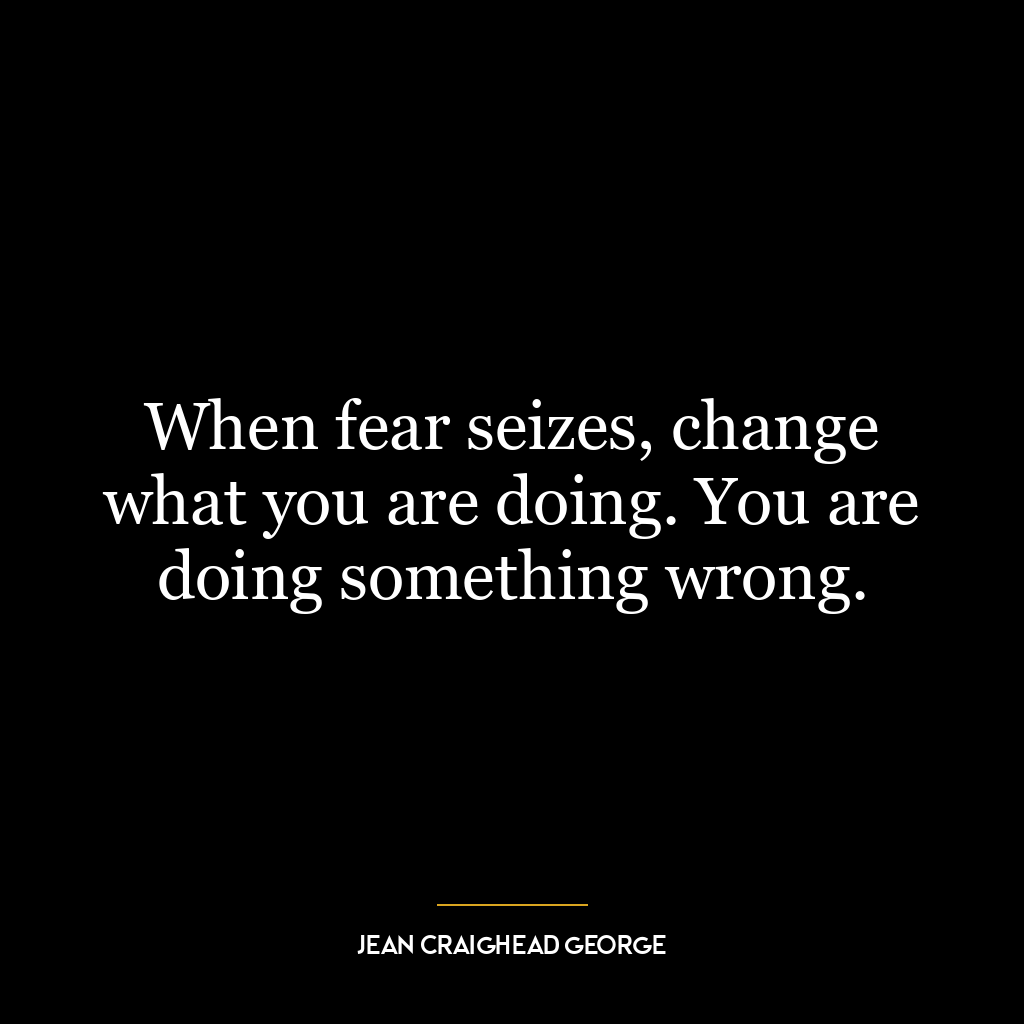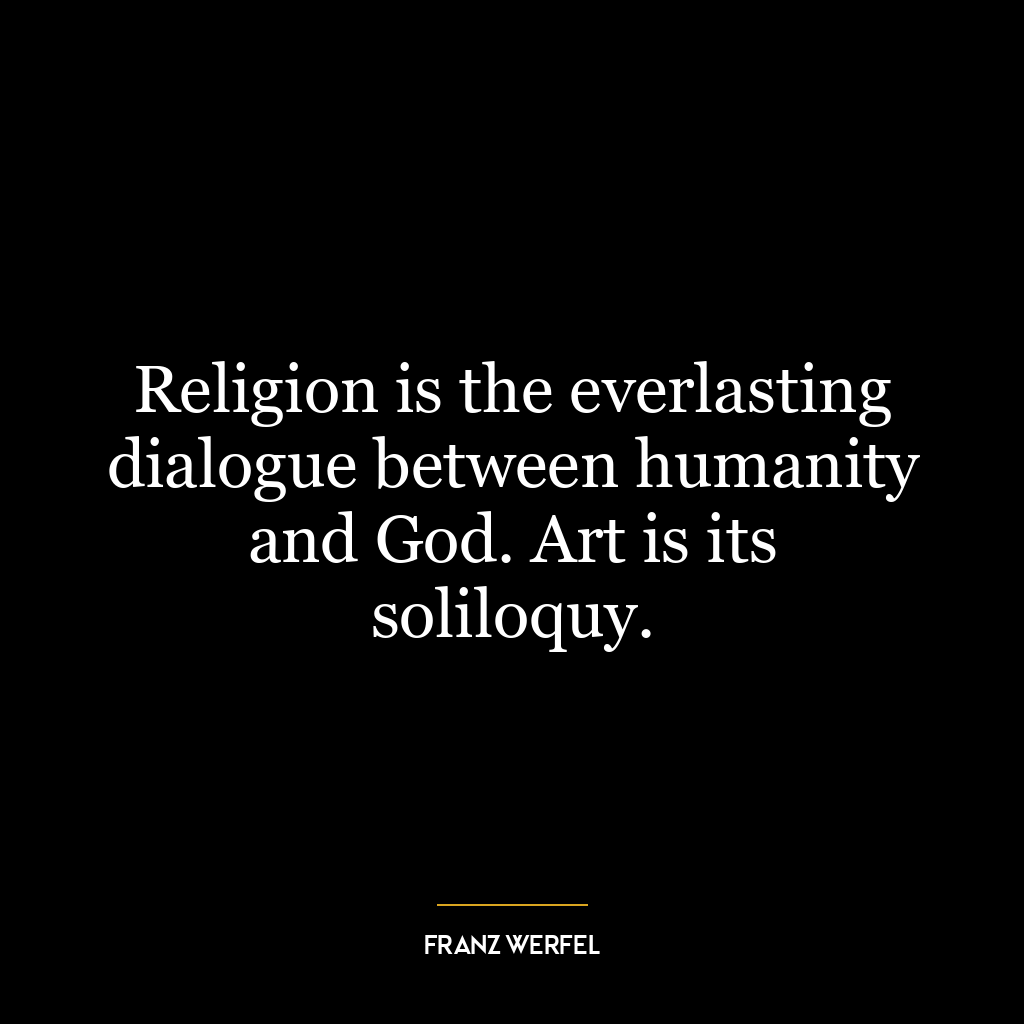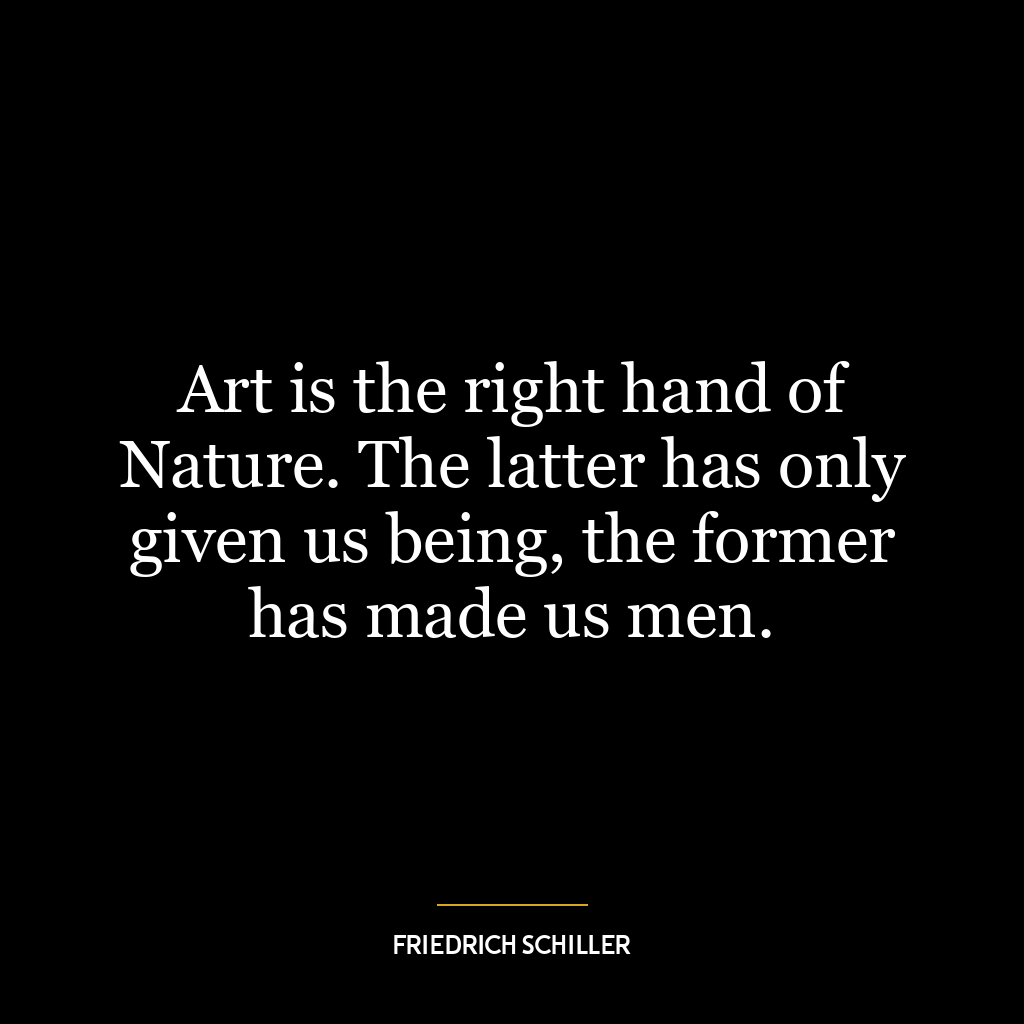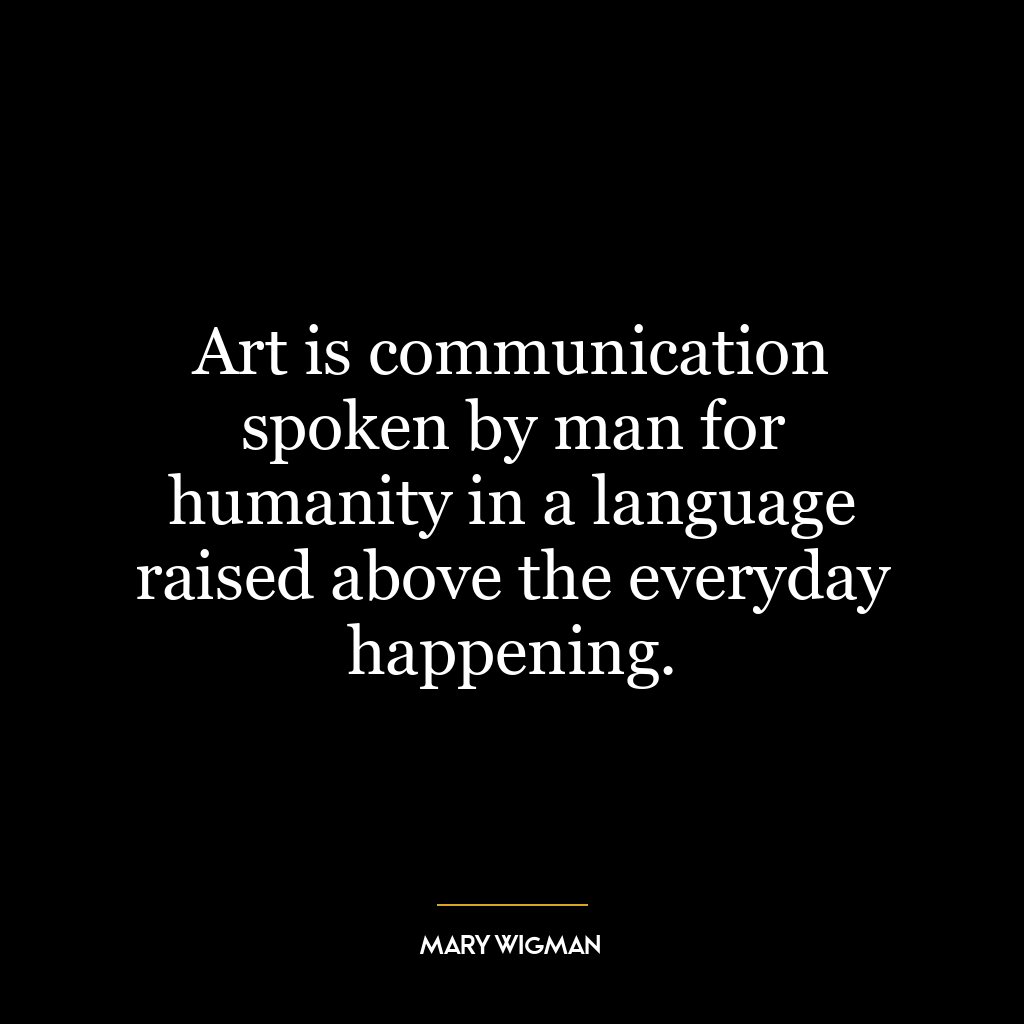Peace does not come through prayer, we human beings must create peace.
This quote implies that peace is not a divine gift that can be obtained through prayer alone, but rather, it is a state of being that humans must actively work towards. It is a call to action, urging individuals to take responsibility for the peace or lack thereof in their lives and in the world at large.
The quote suggests that peace is not a passive state, but an active one. It is not something that simply happens, but something that requires effort, commitment, and conscious decision-making. It is a process, a journey, and an ongoing endeavor. It is not enough to simply wish or pray for peace. We must actively strive for it, work for it, and make it a reality.
This idea is particularly relevant in today’s world, where conflicts and tensions are rife. It reminds us that peace is not something that can be achieved through external forces or divine intervention alone. Instead, it requires our active participation and commitment. It requires us to make conscious choices that promote peace, to engage in actions that foster harmony, and to adopt attitudes that encourage unity.
In terms of personal development, this quote can be seen as a call to cultivate inner peace. It suggests that we cannot simply pray for peace of mind and expect to receive it. Instead, we must actively work towards it. This might involve cultivating mindfulness, practicing stress management techniques, developing emotional intelligence, fostering positive relationships, and engaging in other activities that promote inner peace.
In conclusion, this quote is a powerful reminder that peace, whether on a global scale or an individual level, is not a gift that is simply handed to us. It is a state of being that we must actively work towards, a goal that we must consciously strive for, and a journey that we must willingly embark on.








